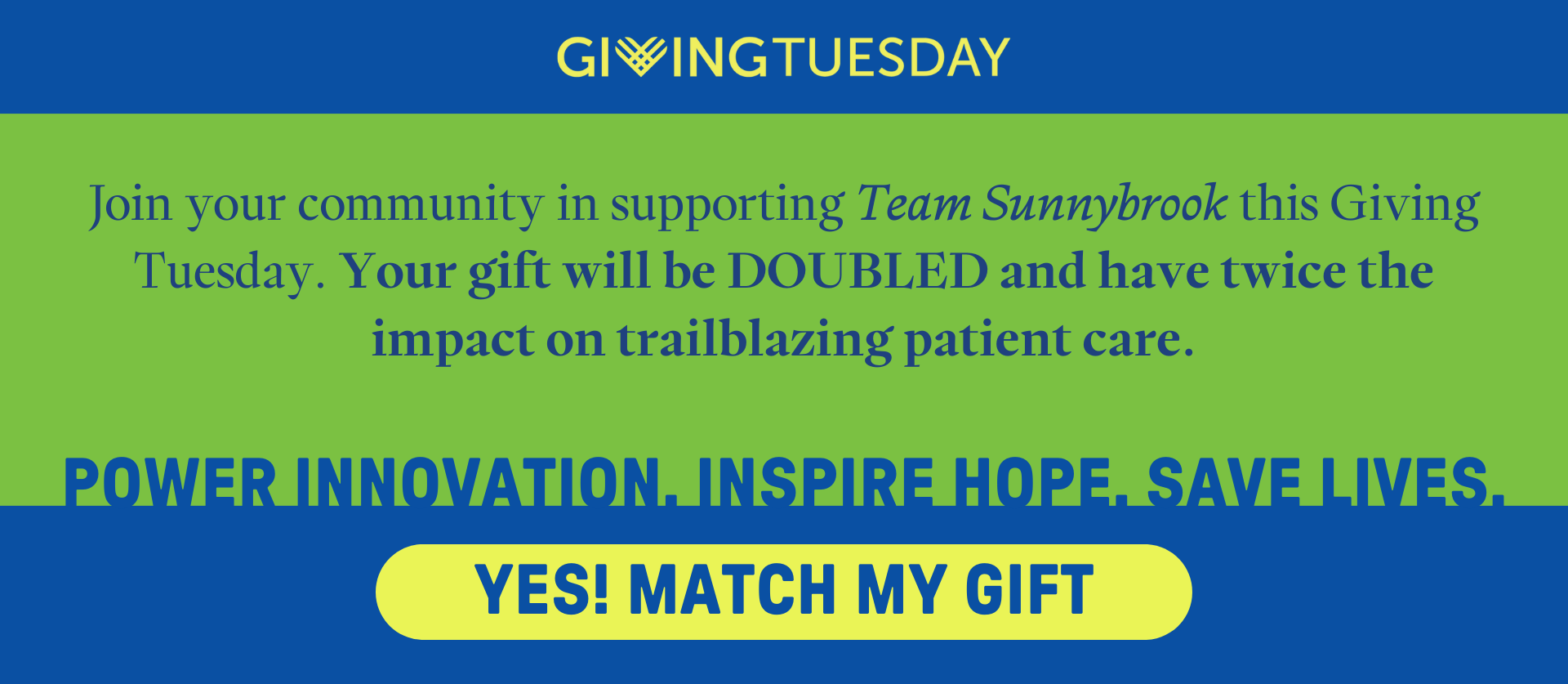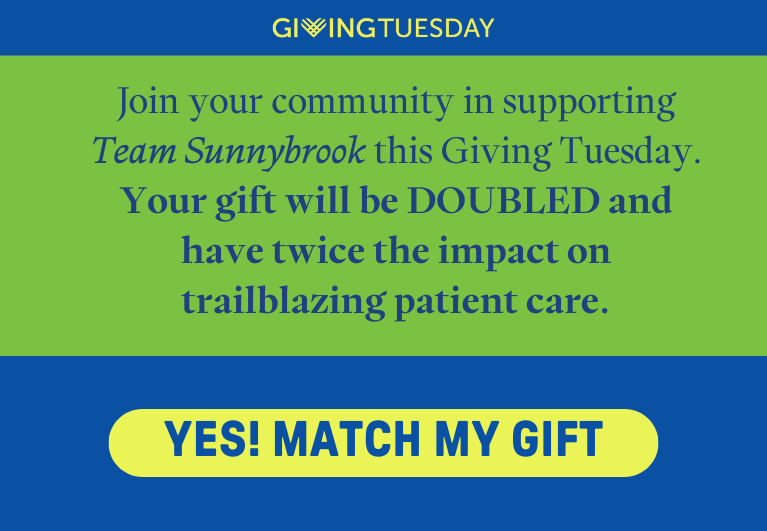Young adults less likely to call an ambulance for stroke: study
A new study published in the Canadian Journal of Neurological Sciences has found that young adults delay calling 911 and do not use ambulances to go to hospital at onset of stroke as often as older patients. Researchers also determined that young women are the least likely group to use ambulance services for stroke.
The study compared young adults, 18-44 years old, to older adults aged 45 years and up.
62 per cent of younger patients came to hospital by ambulance for a stroke emergency versus 66 percent of older adults, and on average took more than 2 hours longer to get to hospital than older patients. In a stroke emergency, health experts say that “time is brain”, because about 1.9 million brain cells die every minute during a stroke. Faster arrival in hospital means a greater chance of getting treatment that could reverse or reduce the amount of damage.
“Many young adults consider stroke as a disease of elderly people, which may contribute to decreased recognition of stroke symptoms and delays in seeking medical attention,” explains Dr. Rick Swartz, principal investigator of the study and a neurologist at Sunnybrook Health Sciences Centre. “It’s important to note that stroke doesn’t care how old a person is. Stroke can happen to anyone, no matter your age.”
“Stroke is a medical emergency and the second leading cause of death worldwide which is becoming increasingly common in young adults,” says Dr. Patrice Lindsay, director of systems change and the stroke program Heart & Stroke. “In Canada, almost five per cent of strokes occur in young adults under the age of 45 years, and 15-20 per cent occur in adults under the age of 60.”
Stroke occurs when blood flow to the brain is disrupted, which can destroy brain cells and potentially affect a person’s memory, ability to think, and move.
Experts add that anyone experiencing signs of stroke must seek medical attention immediately. During the COVID-19 pandemic, health-care teams have found patients of all ages are delaying going to hospitals for care concerned about the virus.
“It is important to go your local hospital immediately for a stroke emergency. When it comes to stroke, the more time that passes, the greater the likelihood of damage to the brain and longer-term effects to a person’s life,” says Dr. Swartz.
Researchers examined and analyzed national administrative health data between 2003 and 2016 from the Canadian Institute of Health for the study. A total of 463,310 patients were included.
Young women and stroke
The study found only 61 per cent of younger women used ambulance services compared to 68% of women 45 years old and over. Researchers determined since 2003, there has been no increase in ambulance use among younger women, while other groups have seen improving numbers.
The delay of nine hours for younger women to get to hospital, compared to seven hours for older patients and younger men, is concerning because generally women have better knowledge of stroke signs than men. However, past research has found stroke awareness is less in younger women. Knowing the signs of stroke can help individuals act quickly.
Signs of stroke can be remembered using the acronym FAST which stands for:
F – facial drooping
A – can you raise both arms?
S – is speech slurred or jumbled?
T – time to call 911
“Ongoing public educational programs for young adults, particularly younger women, may further improve awareness of stroke and the need to seek urgent medical attention,” says Dr. Swartz. “Younger adults, especially young women, need to be aware that stroke can affect people at any age, and that if you have symptoms like speech problems or weakness on one side, 911 is the best way to access fast treatment. While this work was done before COVID-19, it is more important than ever for people to call 911 if they have FAST symptoms so they can get treatment in the fastest and safest ways possible.”
Media contact:
Jennifer Palisoc
Communications Advisor
416-480-4040
jennifer.palisoc@sunnybrook.ca
Stephanie Lawrence
Senior Manager, Communications, Heart & Stroke
613-691-4022 or 613-290-4236
stephanie.lawrence@heartandstroke.ca
About Heart & Stroke
Life. We don’t want you to miss it. That’s why Heart & Stroke leads the fight against heart disease and stroke. We must generate the next medical breakthroughs, so Canadians don’t miss out on precious moments. Together, we are working to prevent disease, save lives and promote recovery through research, health promotion and public policy.
About Sunnybrook
Sunnybrook Health Sciences Centre is inventing the future of health care for the 1.3 million patients the hospital cares for each year through the dedication of its more than 10,000 staff and volunteers. An internationally recognized leader in research and education and a full affiliation with the University of Toronto distinguishes Sunnybrook as one of Canada’s premier academic health sciences centres. Sunnybrook specializes in caring for high-risk pregnancies, critically-ill newborns and adults, offering specialized rehabilitation and treating and preventing cancer, cardiovascular disease, neurological and psychiatric disorders, orthopaedic and arthritic conditions and traumatic injuries. The Hospital also has a unique and national leading program for the care of Canada’s war veterans.








